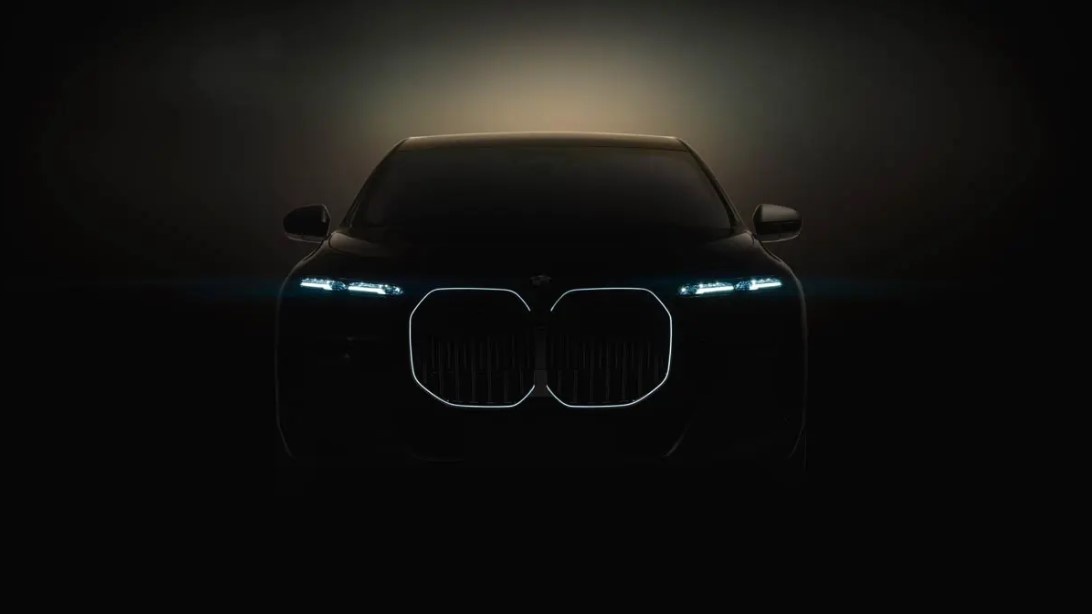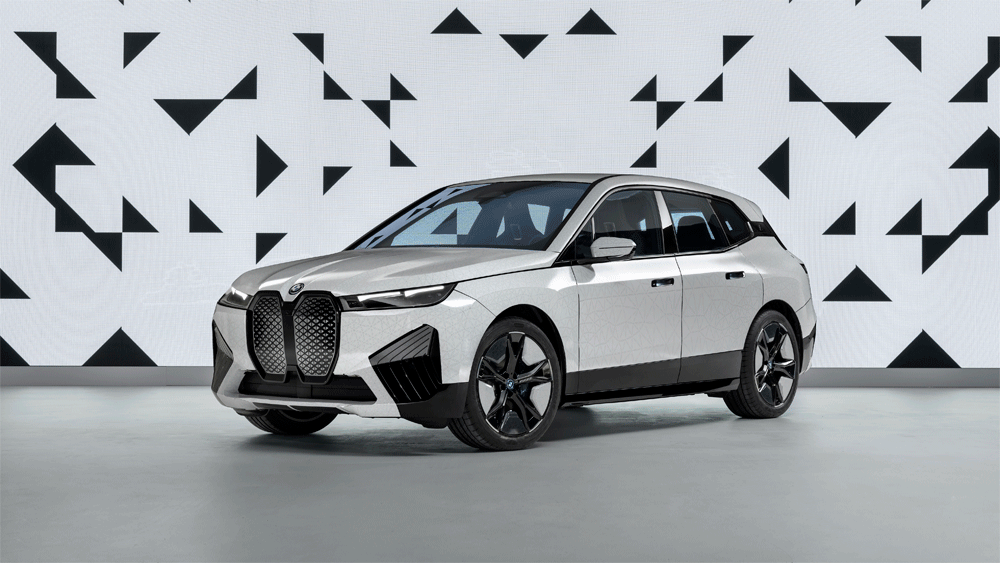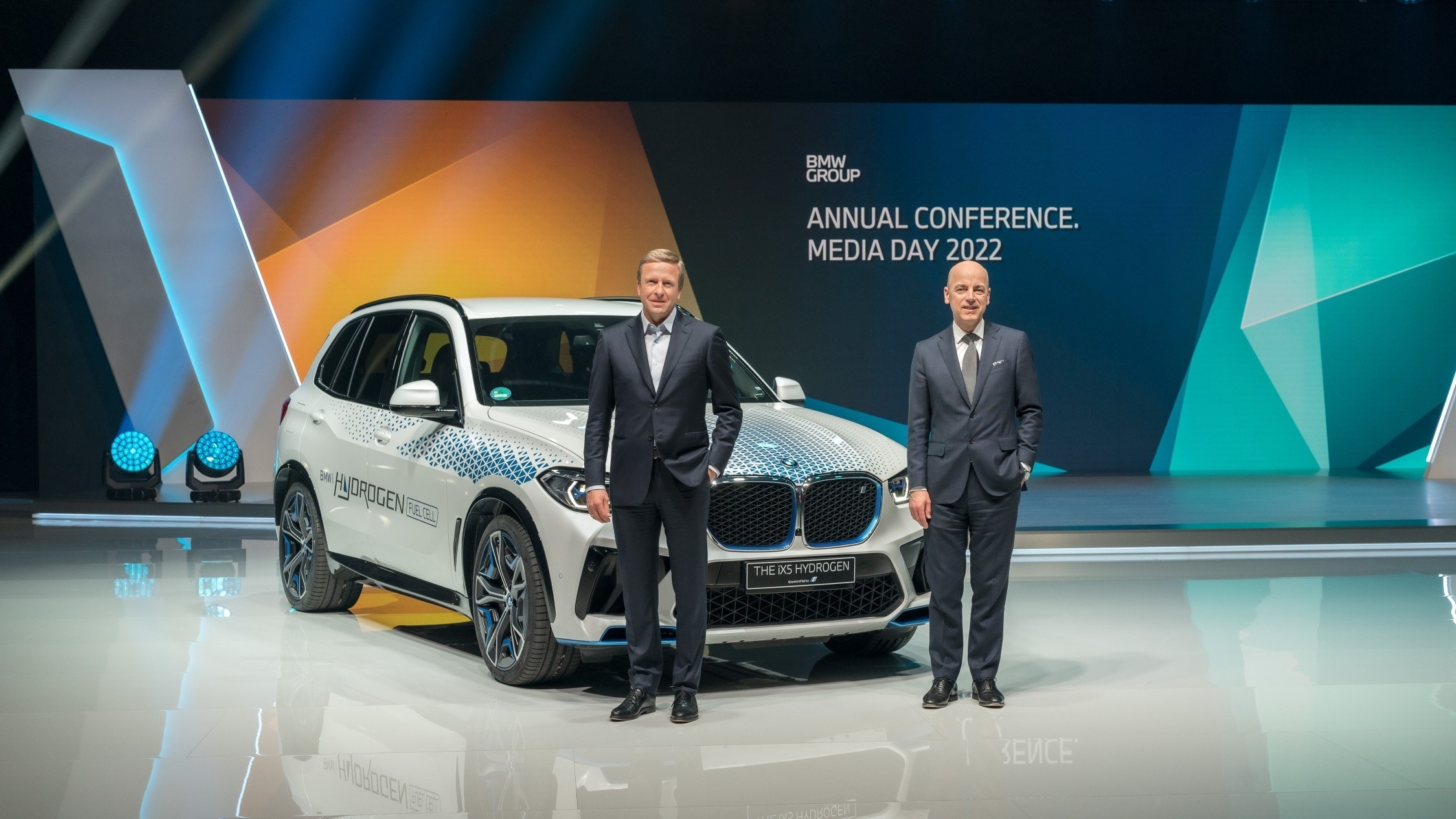BMW to sell over 2 million EVs by 2025 - Ramps up its e-mobility targets
It'll have 15 pure EVs by this year

Buoyed by the success of its fully-electric models so far, the BMW Group is doubling down on its e-mobility targets. This year, including pre-production vehicles, the company will have 15 fully-electric models in production – covering around 90% of its current segments.
The BMW Group at its annual conference in Munich said that it expects sales of its fully-electric vehicles to increase rapidly, and by the end of 2025, the company aims to have more than two million fully-electric vehicles on the roads.
In addition to existing models like the BMW i4, BMW iX and MINI SE, the list also includes four high-volume BMW model series, the BMW 3 Series and BMW 5 Series, the BMW X1 and the BMW X3. The new BMW 7 Series will also see the launch of the new BMW i7.
"The BMW iX and BMW i4 are probably the best electric cars on the market currently – the test reviews and strong demand from our customers speak for themselves. This year, the BMW i7 will take things to the next level," according to Oliver Zipse, Chairman of the Board of Management of BMW AG.
BMW on the path of major technological leap

With the addition of the BMW i7, the BMW 7 Series will become the first fully-electric luxury sedan in its line-up available with either an internal combustion engine or a plug-in hybrid drive train.
The BMW Group also said it will realign its product range from the middle of the decade with the introduction of the Neue Klasse. Based on a vehicle architecture (BEV-only) that is geared towards electric drive trains, the Neue Klasse is characterised by three key aspects: an entirely redefined IT and software architecture, a newly-developed high-performance electric drive train and battery generation, and a new level of sustainability throughout the entire lifecycle.
To achieve this, the company is making a major technological leap: For example, the Neue Klasse will use an all-new electric drive train with lower fuel consumption and higher range. The BMW Group is currently developing a new generation of battery cells for this that, combined with optimised cell chemistry, should also significantly lower costs for the e-drive.
Sign up for breaking news, reviews, opinion, top tech deals, and more.
The company plans to announce details of this new battery technology – which is already the sixth generation independently developed by the BMW Group – before the end of 2022. Within the next 12 months, the BMW Group will also provide a first glimpse of the potential of the Neue Klasse for the next generation of connectivity and user interaction.
The company said the long-term cooperation between the BMW Group and Qualcomm Technologies and Arriver Software announced recently marks an important milestone for the next platform generation for automated driving.
50% BEV share possible before 2030: BMW

The BMW Group said fully-electric vehicles could make up 50% of the company’s global sales earlier than 2030.
"By this point, annual sales of fully-electric BMW Group vehicles could already surpass 1.5 million units. However, this will depend on expansion of charging infrastructure worldwide being able to keep up with the increase in models available and growing customer demand for fully-electric vehicles," it said. The company is driving this expansion itself – for example, through the high-power charging network, Ionity.
The BMW Group said it is also systematically pushing forward with development of hydrogen fuel cell technology as an additional option for sustainable individual mobility. It has already announced that an electric drive train based on a hydrogen fuel cell is also conceivable for the Neue Klasse.
A small series of the BMW iX5 Hydrogen will be used for demonstration and testing purposes for the first time this year.
The company also aims to redefine the future of automotive production through the BMW iFactory. This digitalised iFactory approach will be pioneered by the new Plant Debrecen, with groundbreaking planned for June 1, 2022. Exactly 26 months later, the plant will produce the first prototypes for the Neue Klasse. By 2030, the BMW Group aims to reduce its CO2 emissions per vehicle from production by 80% from 2019 levels.

Over three decades as a journalist covering current affairs, politics, sports and now technology. Former Editor of News Today, writer of humour columns across publications and a hardcore cricket and cinema enthusiast. He writes about technology trends and suggest movies and shows to watch on OTT platforms.